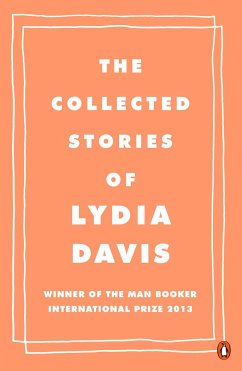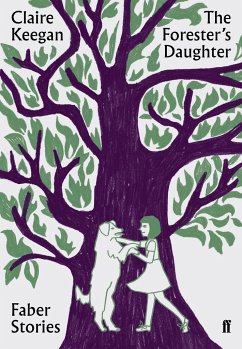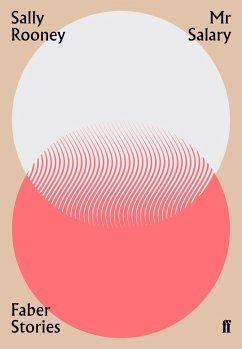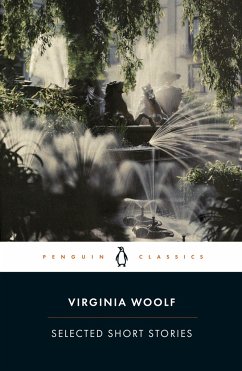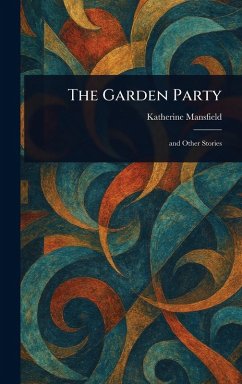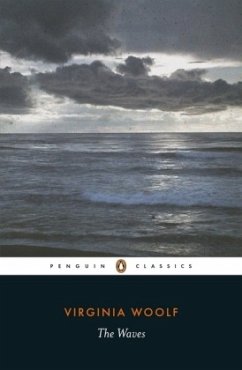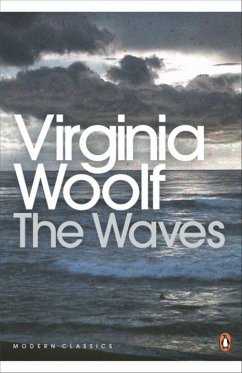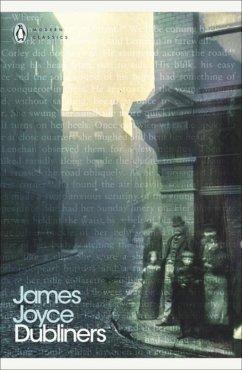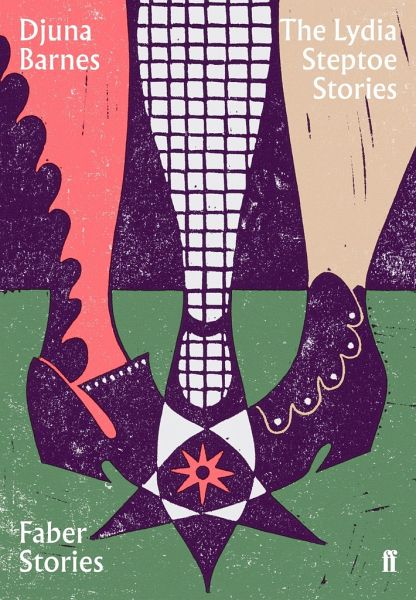
The Lydia Steptoe Stories
Faber Stories

PAYBACK Punkte
3 °P sammeln!
Faber Stories, a landmark series of individual volumes, presents masters of the short story form at work in a range of genres and styles.'I have quite changed my mind. I am going to run away and become a boy.'In these three stories, written by Djuna Barnes under the pseudonym Lydia Steptoe, three characters find themselves on the brink of a sexual awakening - accompanied by guns, whips, and worldly innuendo.A fourteen-year-old girl plans to become 'a virago', until her mother intercepts her first tryst by dressing up as her male lover. A boy of the same age is lured into the forest by his fath...
Faber Stories, a landmark series of individual volumes, presents masters of the short story form at work in a range of genres and styles.
'I have quite changed my mind. I am going to run away and become a boy.'
In these three stories, written by Djuna Barnes under the pseudonym Lydia Steptoe, three characters find themselves on the brink of a sexual awakening - accompanied by guns, whips, and worldly innuendo.
A fourteen-year-old girl plans to become 'a virago', until her mother intercepts her first tryst by dressing up as her male lover. A boy of the same age is lured into the forest by his father's mistress. A woman of forty falls in love and longs to kill herself, so unbearable is the return of the youth she thought she wanted. 'Alice', she tells herself, 'be a man.'
Barnes makes gender and desire seem slippery and joyful - and makes the fictional Lydia Steptoe seem like a writer for our time.
Bringing together past, present and future in our ninetieth year, Faber Stories is a celebratory compendium of collectable work.
'I have quite changed my mind. I am going to run away and become a boy.'
In these three stories, written by Djuna Barnes under the pseudonym Lydia Steptoe, three characters find themselves on the brink of a sexual awakening - accompanied by guns, whips, and worldly innuendo.
A fourteen-year-old girl plans to become 'a virago', until her mother intercepts her first tryst by dressing up as her male lover. A boy of the same age is lured into the forest by his father's mistress. A woman of forty falls in love and longs to kill herself, so unbearable is the return of the youth she thought she wanted. 'Alice', she tells herself, 'be a man.'
Barnes makes gender and desire seem slippery and joyful - and makes the fictional Lydia Steptoe seem like a writer for our time.
Bringing together past, present and future in our ninetieth year, Faber Stories is a celebratory compendium of collectable work.




